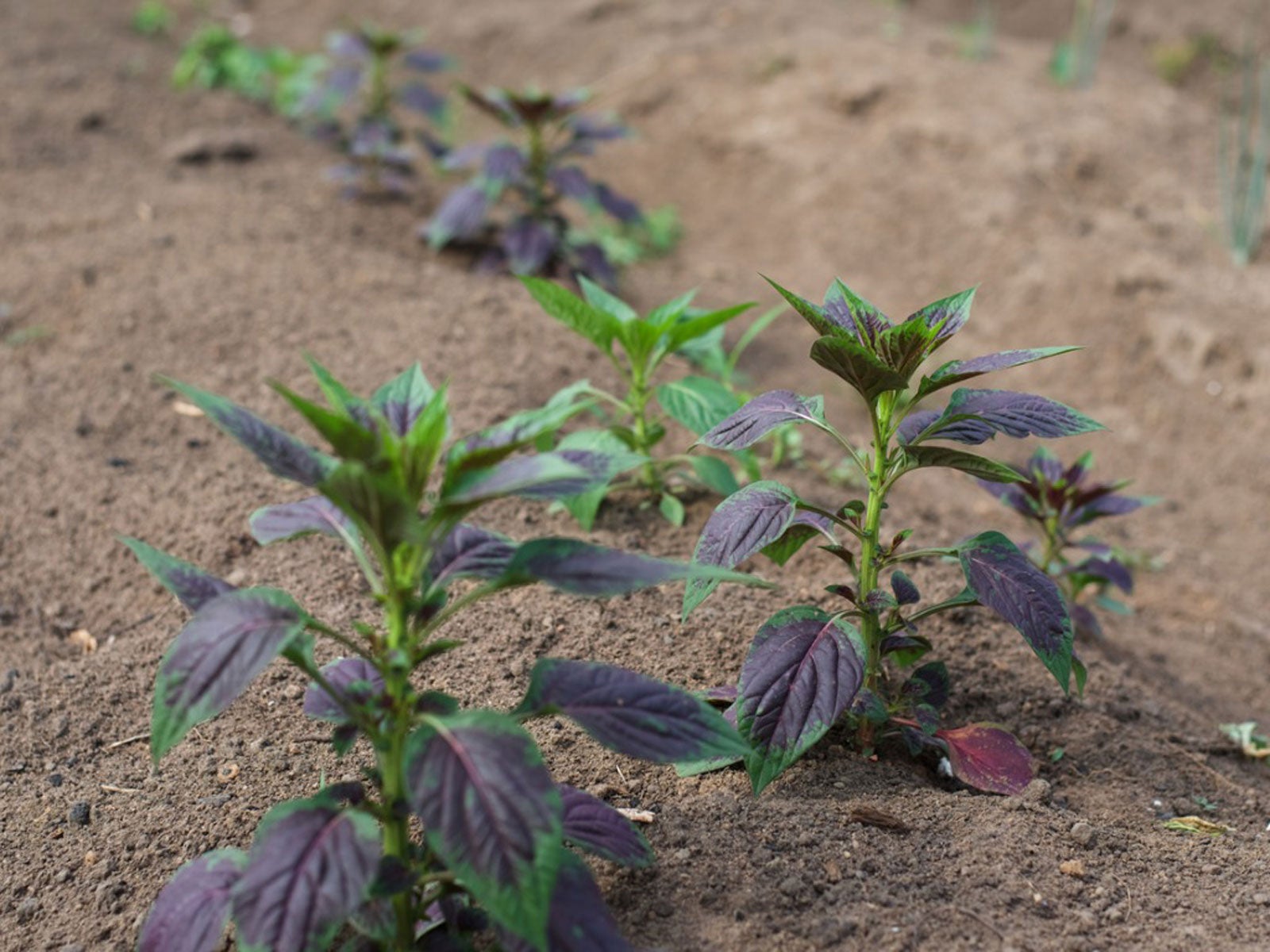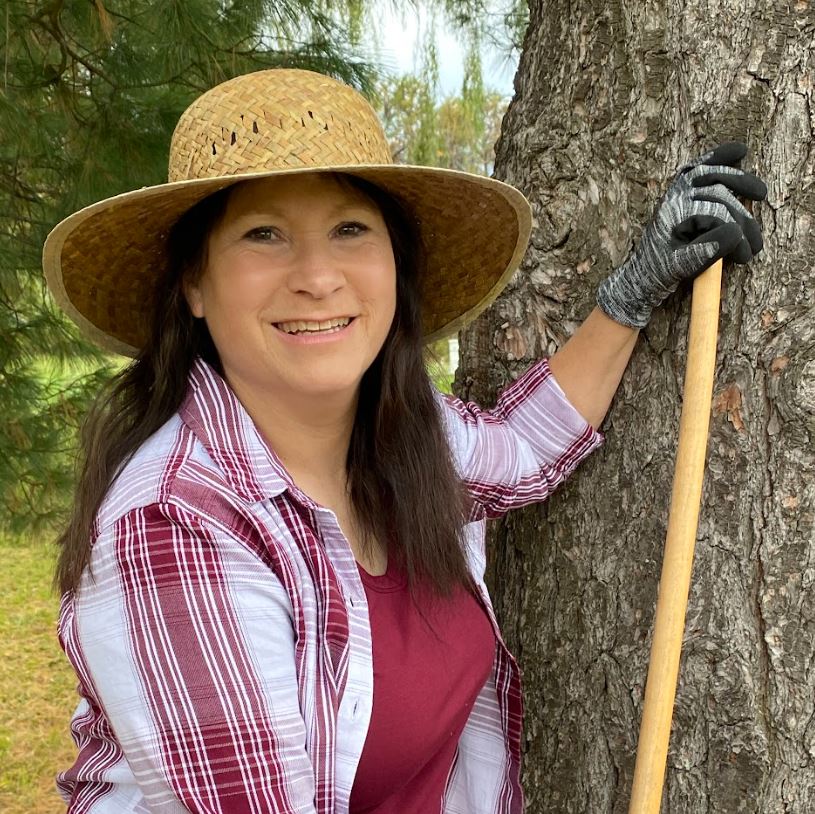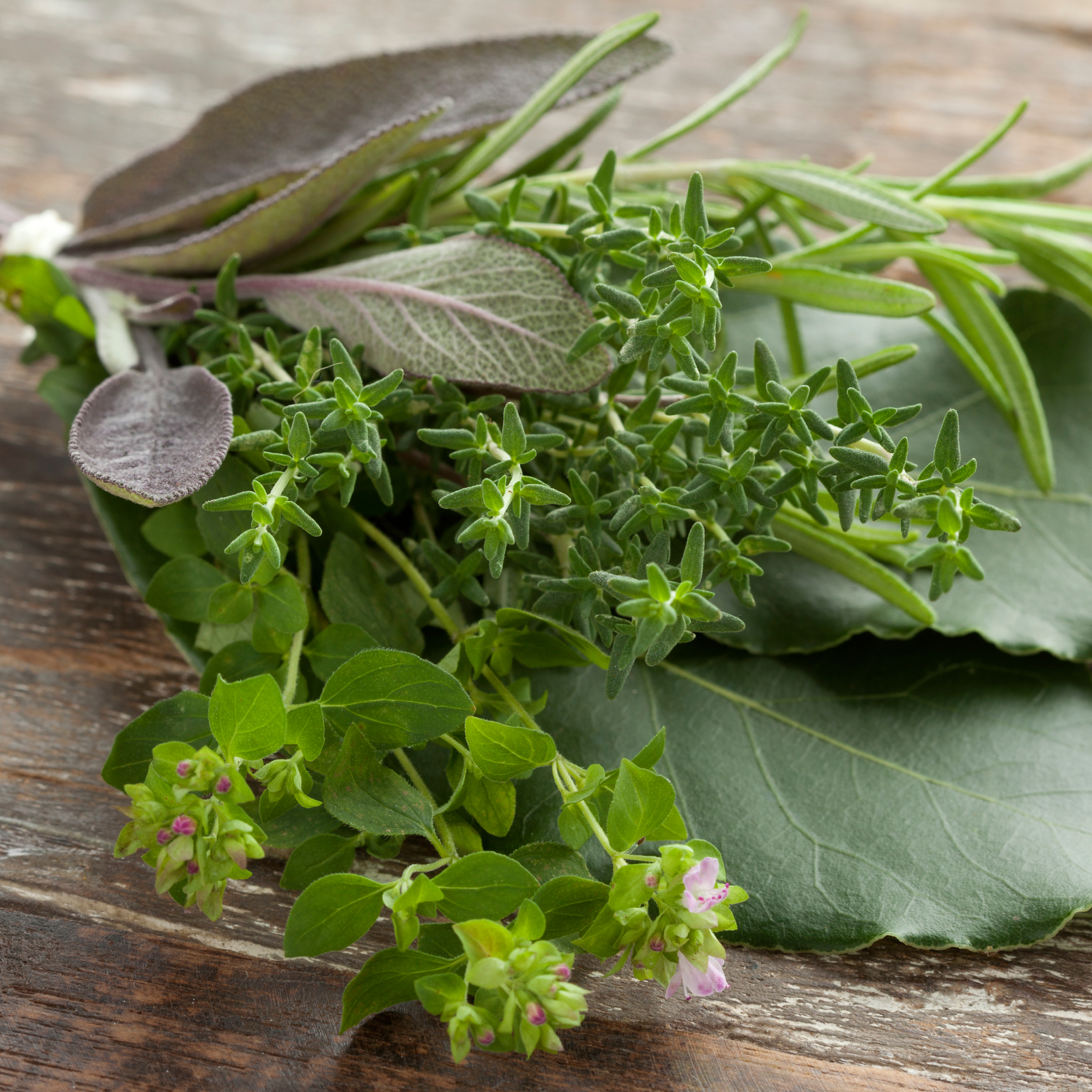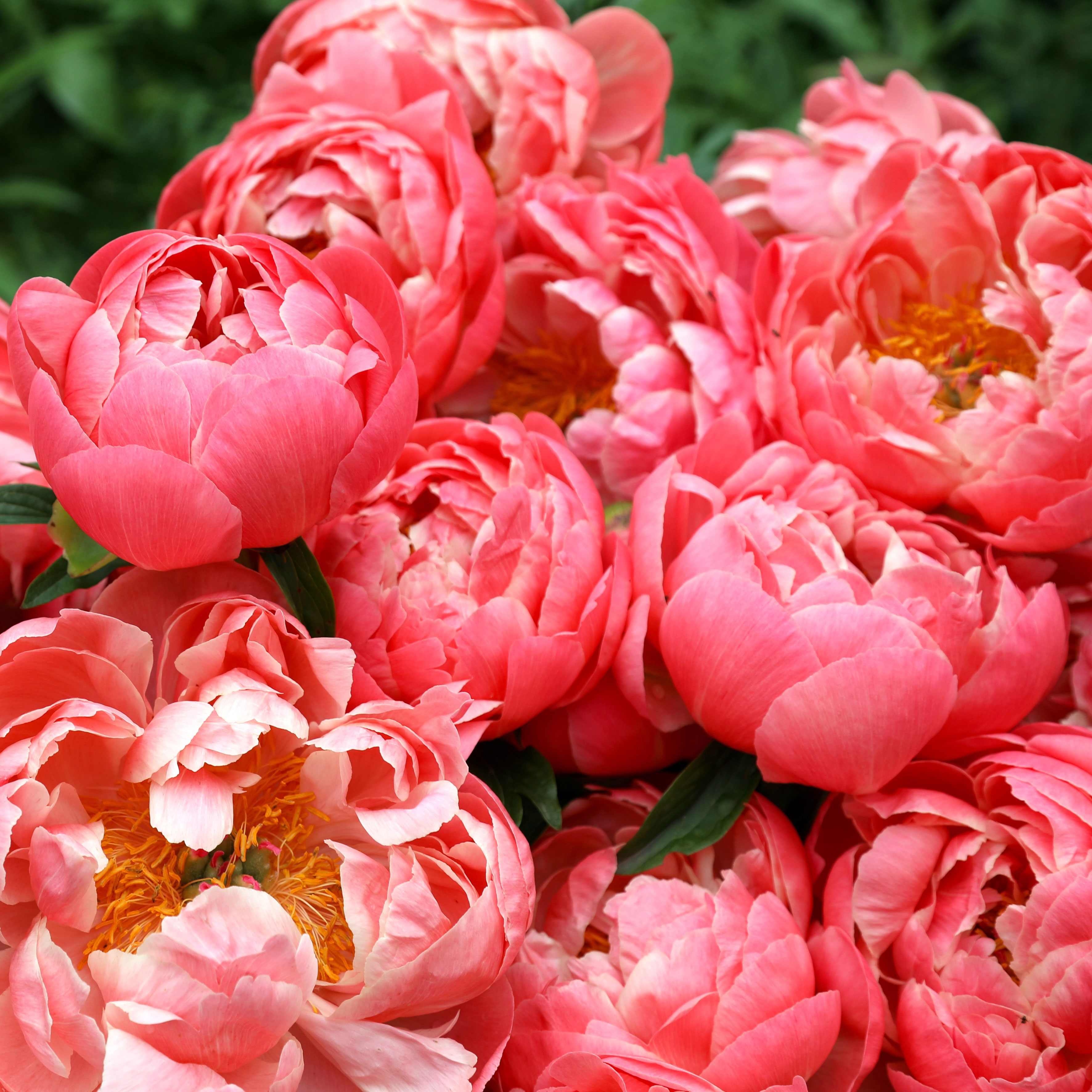Nigerian Gardening Style – Growing Nigerian Vegetables And Plants


Have you ever wondered what gardens in Nigeria are like? Cultivating native plants from around the world not only gives us insight into different cultures, but also offers a diversity of garden veggies to grow and try. You may even find Nigerian vegetables so delectable that you want to try your hand at planting a Nigerian inspired garden bed.
Vegetable Plants for Nigerian Gardens
Located on the West coast of Africa, Nigeria is home to a variety of native vegetables and fruits. These plants, as well as non-native species, have inspired traditional Nigerian dishes and distinctively regional recipes.
Classic entrees such as pounded yams, pepper soup, and jollof rice arose from the gardens in Nigeria to bring a bold, spicy flavor and distinctive taste to the palates of local ethnic groups as well as world travelers.
If you're considering a Nigerian gardening style, choose from these familiar and not-so-familiar plants from this region:
- African Spinach – African Spinach (Amaranthus cruentus) is a perennial herb used as a leafy vegetable in a number of Nigerian dishes. Grown much like other amaranth plants, these mild-tasting greens are very nutritious.
- Lagos Spinach – Also known as Soko or Efo Shoko, this mild tasting leafy green has many health benefits. Unlike cool-season spinach, Soko grows well in the heat of summer. A versatile perennial herb for a Nigerian inspired garden, Lagos spinach (Celosia argentea) has multiple culinary uses.
- Bitterleaf – One of many leafy green Nigerian vegetables used for both culinary and medicinal applications, bitterleaf (Vernonia amygdalina) is, as the name suggests, bitter tasting. Grow this Nigerian native in full sun and well-draining soil.
- Fluted pumpkin – Also known a Ugu, this indigenous vine is a member of the cucurbit family. While the fruit isn't edible, the leaves are a popular soup green, and the seeds are high in protein. Fluted pumpkins (Telfairia occidentalis) grow in poor soil and are fairly drought resistant, making them a good choice for any Nigerian inspired garden.
- Jute leaf – Popular as a leafy green vegetable, jute leaves contain a thickening agent useful in the preparation of soups and stews. As a key ingredient in a traditional “sticky” soup called ewedu, young jute leaves have a distinctive flavor. Plant stems are harvested to make rope and paper. This plant (Corchorus olitorius) requires a rich soil but can be grown in most gardens in Nigeria where soil has been amended.
- Scent leaf – This native plant has sweet smelling leaves, making it a welcome addition to the Nigerian gardening style herb bed. Reputed to cure stomach maladies, scent leaf (Ocimum gratissimum), also known as African blue basil or clove basil, is often added to stews, yam dishes, and pepper soup.
- Ube – The only tree to make our list of plants for Nigerian gardens, Dacryodes edulis is commonly called the African pear or bush pear. This evergreen tree produces a vividly violet skinned fruit with a pale green interior. Easy to prepare, the buttery texture of this roasted vegetable is often consumed as a snack or in combination with corn.
- Waterleaf – Commonly found in Nigerian food markets, waterleaf (Talinum triangulare) is lauded for a variety of health benefits. This easily grown herbaceous perennial is a common ingredient in vegetable soup.
- Watermelon – This classic summertime favorite has deep roots of domestication extending back nearly 5,000 years. Wild varieties of watermelon can still be found growing in western regions of Africa.
Gardening tips, videos, info and more delivered right to your inbox!
Sign up for the Gardening Know How newsletter today and receive a free copy of our e-book "How to Grow Delicious Tomatoes".

Laura Miller has been gardening all her life. Holding a degree in Biology, Nutrition, and Agriculture, Laura's area of expertise is vegetables, herbs, and all things edible. She lives in Ohio.
-
 How To Make A Bouquet Garni Or Herb Bundle For Cooking
How To Make A Bouquet Garni Or Herb Bundle For CookingIf you’re a great cook, you may have made an herb bundle before. If this is a new idea, learn how to add sparkle and interest to your dish with a bouquet garni.
By Amy Grant
-
 ‘Coral Charm’ Peony Care For Sublime Semi-Double Peonies With Lush Salmon Pink Flowers
‘Coral Charm’ Peony Care For Sublime Semi-Double Peonies With Lush Salmon Pink FlowersPeonies are known for their soft baby pink or magenta tones, but if plushy coral blooms are your thing, here’s our guide to the ultimate ‘Coral Charm’ peony care
By Tonya Barnett